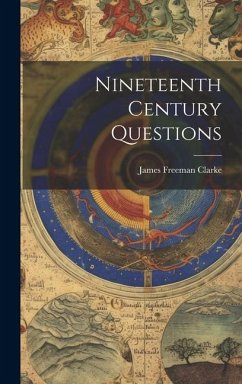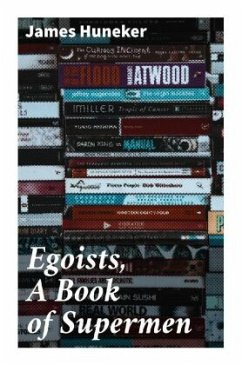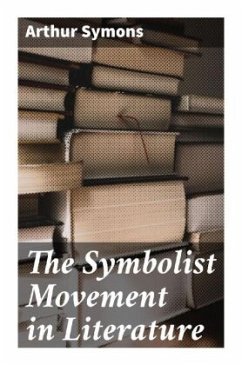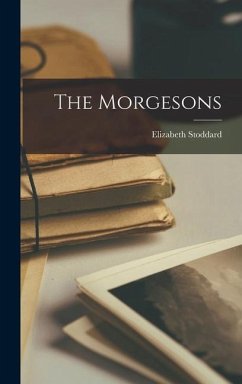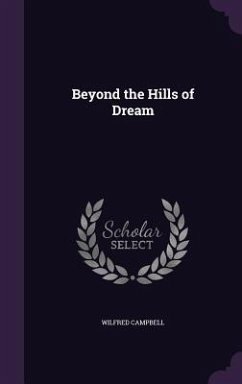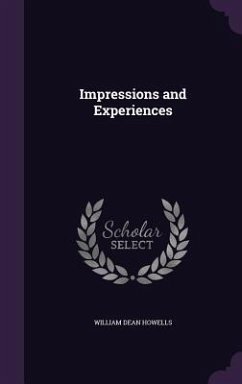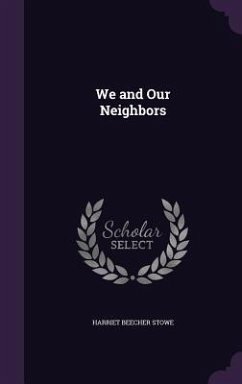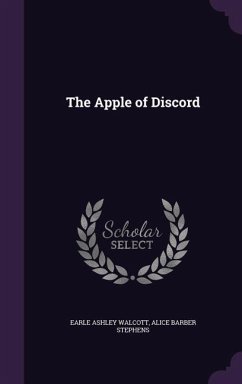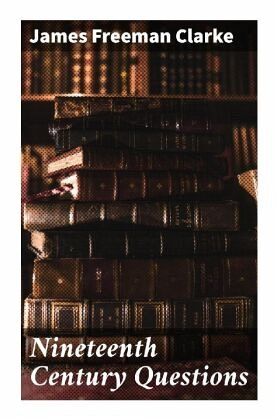
Nineteenth Century Questions
Versandkostenfrei!
Versandfertig in 6-10 Tagen
8,99 €
inkl. MwSt.
Weitere Ausgaben:

PAYBACK Punkte
4 °P sammeln!
In "Nineteenth Century Questions," James Freeman Clarke explores the profound moral and philosophical dilemmas faced by society during a transformative era. The book is structured as a series of essays that thoughtfully dissect critical issues such as religion, democracy, and social justice. Clarke's literary style is marked by clarity and a persuasive rhetorical approach, aligning with the transcendentalist movement, of which he was a prominent figure. He addresses contemporary debates within the context of the Enlightenment's legacy, effectively bridging the gap between rational thought and ...
In "Nineteenth Century Questions," James Freeman Clarke explores the profound moral and philosophical dilemmas faced by society during a transformative era. The book is structured as a series of essays that thoughtfully dissect critical issues such as religion, democracy, and social justice. Clarke's literary style is marked by clarity and a persuasive rhetorical approach, aligning with the transcendentalist movement, of which he was a prominent figure. He addresses contemporary debates within the context of the Enlightenment's legacy, effectively bridging the gap between rational thought and spiritual inquiry, inviting readers to reflect deeply on their convictions in a rapidly changing world. James Freeman Clarke, a Unitarian minister and social reformer, was profoundly influenced by the intellectual currents of his time, including transcendentalism and abolitionism. His commitment to social justice and deep understanding of various philosophical traditions shaped his inquiriesinto the pressing questions of the nineteenth century. As a disciple of Ralph Waldo Emerson, Clarke's experiences in both scholarly and pastoral settings informed his desire to provoke thoughtful discourse among his contemporaries. "Nineteenth Century Questions" is an essential read for those interested in the interplay between morality and societal change. Clarke's incisive analysis resonates with modern readers grappling with the echoes of historical dilemmas in today's context. Scholars of literature and social sciences will find in this work a treasure trove of insights that remain relevant in the context of ongoing debates about faith, equity, and civic responsibility.




